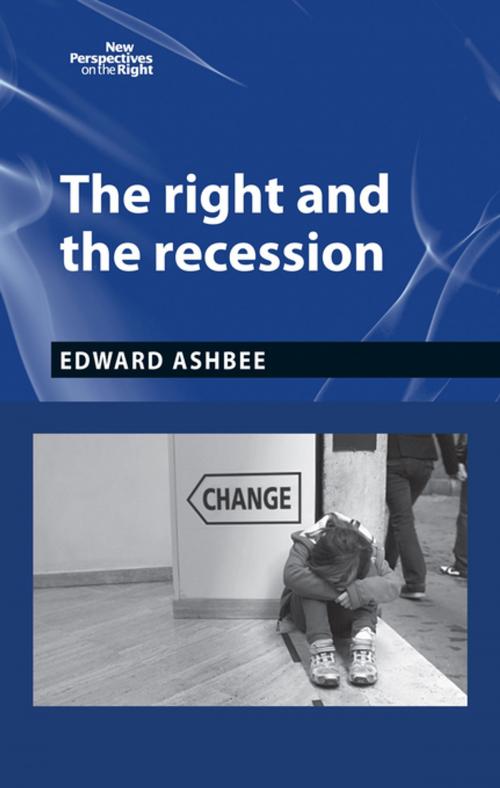The right and the recession
Nonfiction, Social & Cultural Studies, Political Science, Government, Communism & Socialism, Politics, History & Theory| Author: | Edward Ashbee | ISBN: | 9781784992248 |
| Publisher: | Manchester University Press | Publication: | July 1, 2015 |
| Imprint: | Manchester University Press | Language: | English |
| Author: | Edward Ashbee |
| ISBN: | 9781784992248 |
| Publisher: | Manchester University Press |
| Publication: | July 1, 2015 |
| Imprint: | Manchester University Press |
| Language: | English |
The right and the recession considers the ways in which conservative activists, groupings, parties and interests in the US and Britain responded to the financial crisis and the 'Great Recession' that followed in its wake. The book looks at the tensions and stresses between different ideas, interests and institutions and the ways in which they shaped the character of political outcomes. In Britain, these processes opened the way for leading Conservatives to redefine their commitment to fiscal retrenchment and austerity. Whereas public expenditure reductions had been portrayed as a necessary response to earlier overspending they were increasingly represented as a way of securing a permanently 'leaner' state. The book assesses the character of this shift in thinking as well as the viability of these efforts to shrink the state and the parallel attempts in the US to cut federal government spending through mechanisms such as the budget sequester.
The right and the recession considers the ways in which conservative activists, groupings, parties and interests in the US and Britain responded to the financial crisis and the 'Great Recession' that followed in its wake. The book looks at the tensions and stresses between different ideas, interests and institutions and the ways in which they shaped the character of political outcomes. In Britain, these processes opened the way for leading Conservatives to redefine their commitment to fiscal retrenchment and austerity. Whereas public expenditure reductions had been portrayed as a necessary response to earlier overspending they were increasingly represented as a way of securing a permanently 'leaner' state. The book assesses the character of this shift in thinking as well as the viability of these efforts to shrink the state and the parallel attempts in the US to cut federal government spending through mechanisms such as the budget sequester.















